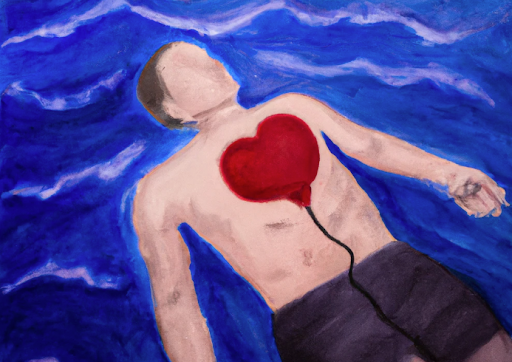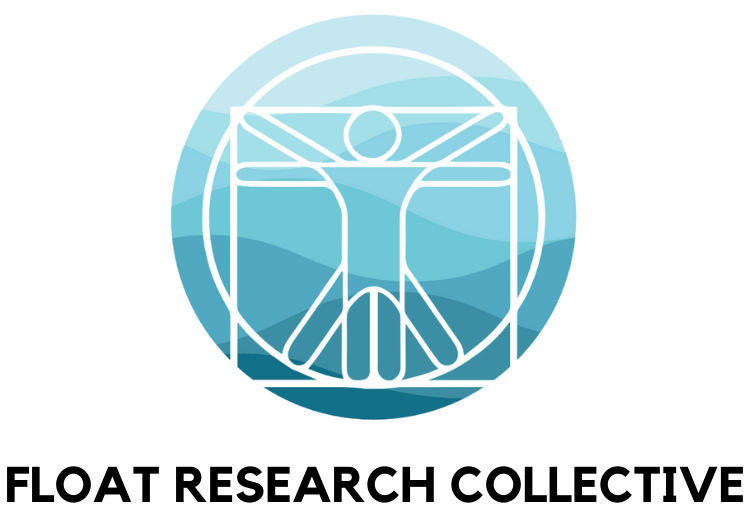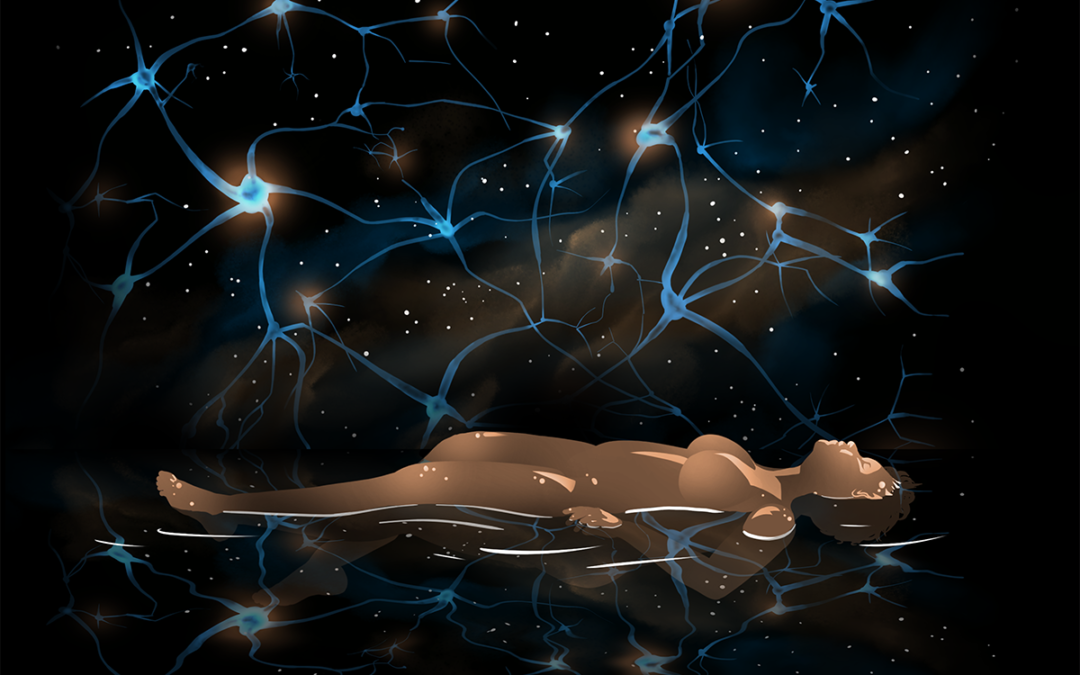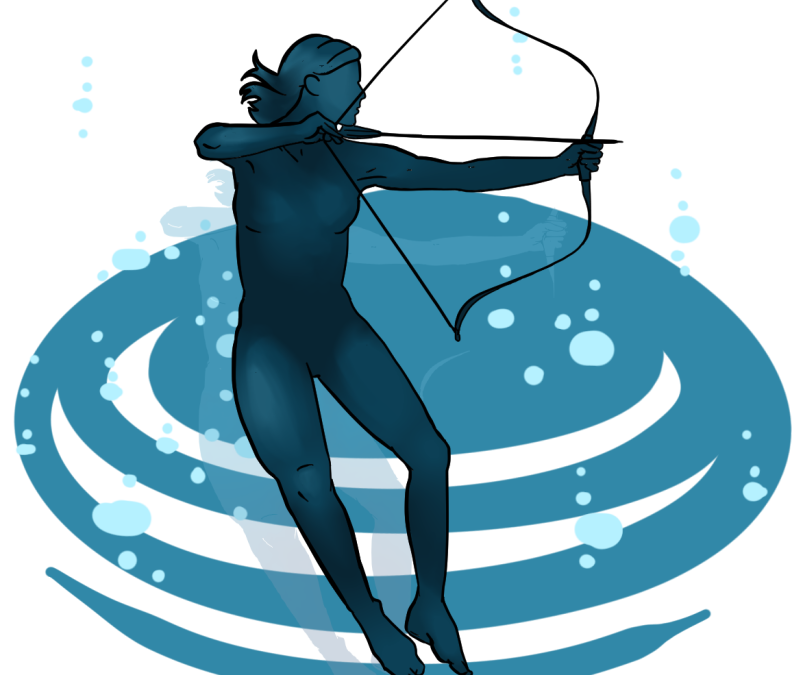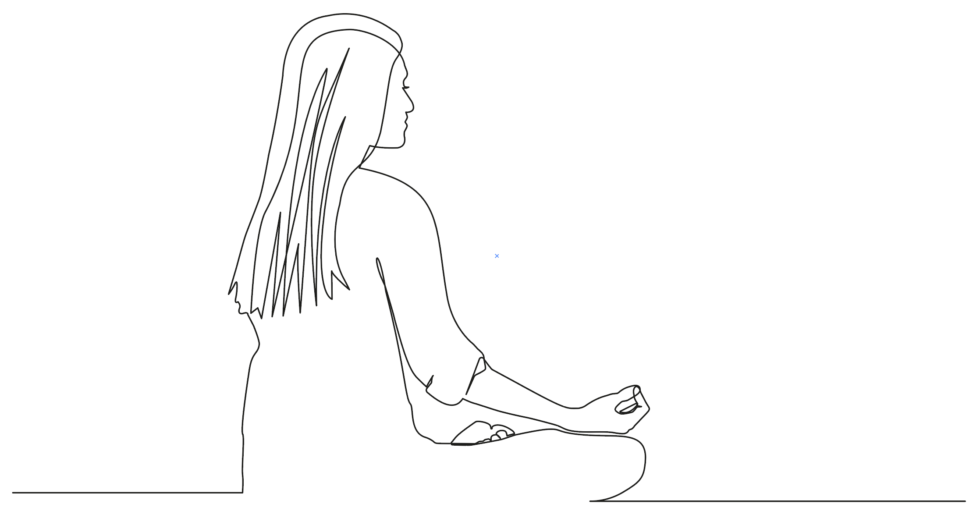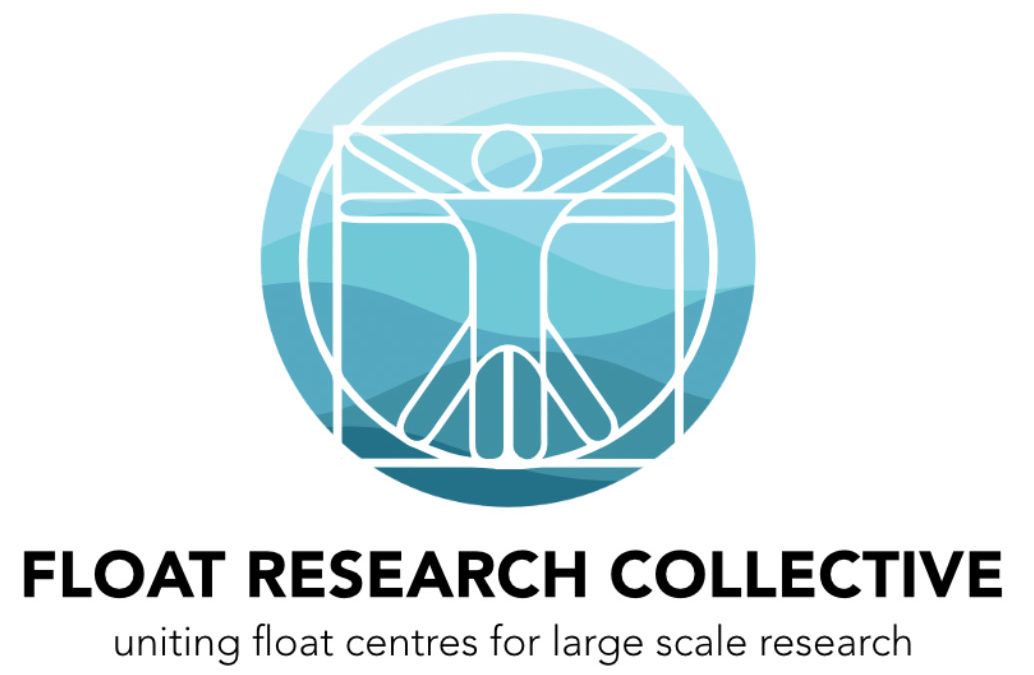Slowing Down Makes Life Better

If you’ve ever gone on a walk after a good float, you’ve probably felt something similar to the experience of cresting a summit after a long hike or staring deeply into a beautiful painting. It’s that overwhelming feeling that comes from a profound sense of awe after being in the presence of something greater than yourself.
When we stop to smell the roses, it improves more than just the scent of the roses. When we slow down to appreciate the little things, those little things take up more of our mental focus. If we stop to think about this phenomenon, it can inspire some curious questions. What actually is awe? Why does it feel so good to experience it? Beyond being satisfying, how does it impact us?
Brain scans of people experiencing awe give us a few insights into some of these questions. Awe inspiring moments can reduce activation in an area of the brain called the Default Mode Network. While a lot happens in this area of the brain, some of what it’s responsible for is auto-biographical information like our memories, opinions, and personal traits. Essentially, the Default Mode Network helps us understand the world through the context of ourselves. As a result, it’s also what helps determine how we feel about ourselves, our memories of the past, and our thoughts about the future.
The Default Mode Network works opposite another part of our brain called the Executive Control Network, which is the part of the brain that helps us make observations, pay attention to things outside of ourselves, and perform tasks. They are anticorrelated, meaning they don’t typically work at the same time. It’s difficult to make observations about the world around us while focusing on something from our past, which is why it’s easy to get distracted nostalgically strolling down memory lane when we were supposed to be studying for that final exam in college.
Basically, when we experience awe we’re quieting down the part of our brain that makes us focus on ourselves, the past, the future, and the outside world.These are the very same types of thought that we work to quiet in our brains when we float or practice mindfulness in other ways. That’s not just conjecture, either: the Float Clinic at the Laureate Institute of Brain Research has been researching what exactly happens to the brain when we float. We’ve learned that floating can be incredibly helpful for those who experience anxiety and other mental health conditions.
We’re also finally starting to see that part of the reason it’s so effective is because it’s reducing the activity in the Default Mode Network as well, which helps explain how it reduces anxiety. If we can’t think about social obligations, failures from the past, or worries we have for the future, it makes it much more difficult for our brains to perpetuate anxious thinking. This leaves more room for other parts of our brain to sit in the driver’s seat.
After a float, we’re likely at our most receptive to the sensations outside of ourselves, making it easier for us to appreciate the beauty of the world around us and the communities that we’re a part of. This is also a possible explanation for the profound sense of awe we can have when we observe beautiful artwork or when we meditate.
This makes mindfulness self-reinforcing. When we practice being more present and less focused on ourselves, it becomes a habit. The more often we practice stepping into this mental state, the easier it is to return to when we need to. It also enhances our appreciation for other things as well. Food tastes better, art is more captivating, we can engage in creative activities more easily, building connections between us and the rest of the world. This, in turn, has the potential to extend that enhanced sense of presence beyond just ourselves, into others around us.
The post Slowing Down Makes Life Better appeared first on Float North County.
Ready to work with Float North County?
Let's connect! We’re here to help.
Send us a message and we’ll be in touch.
Or give us a call today at (858) 925-6069

